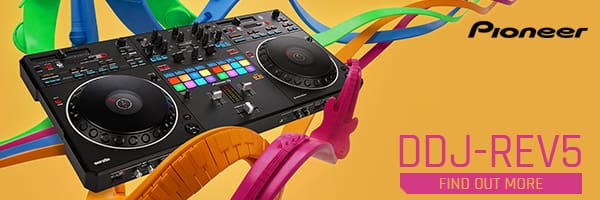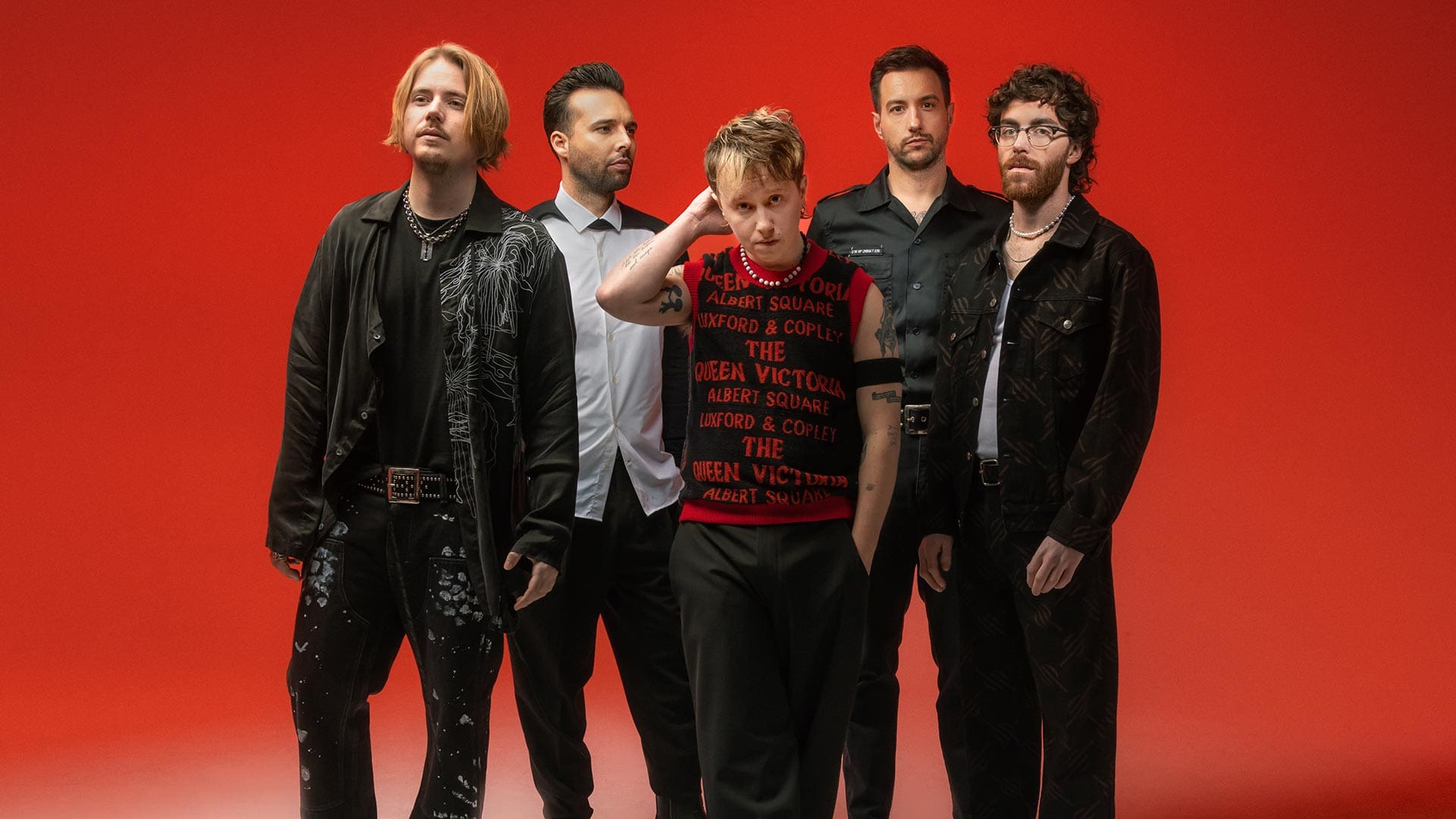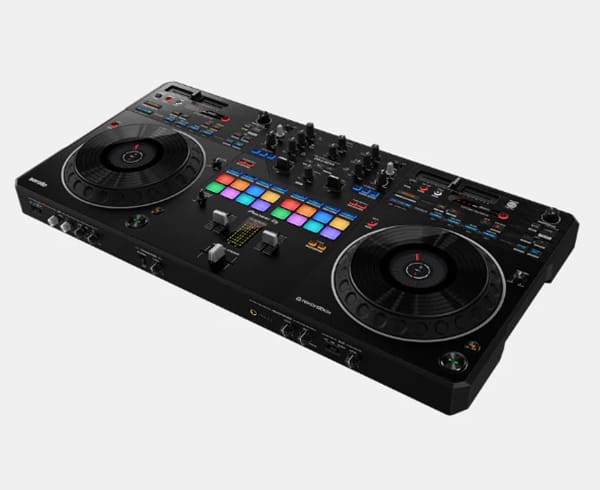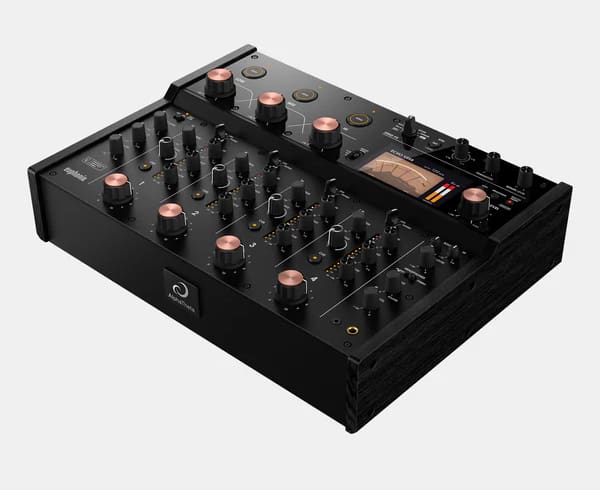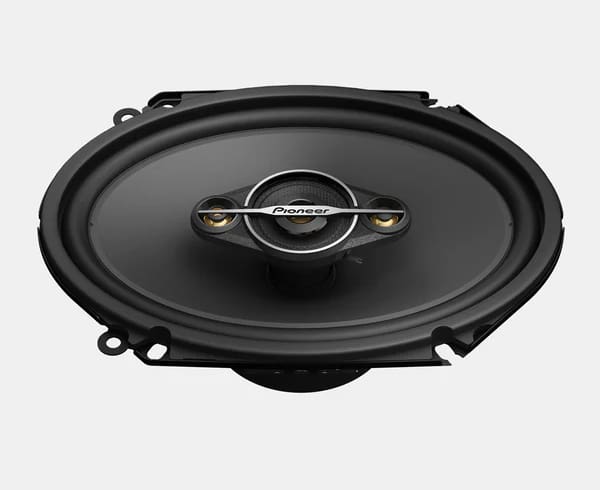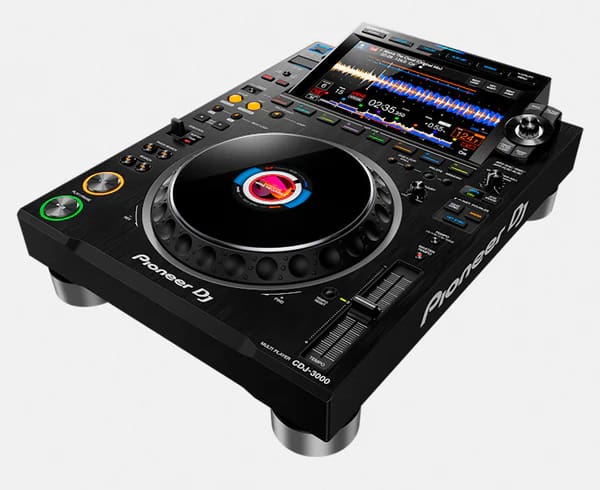Welcome to the Dead Club City
In my career as a writer for M2, I’ve had the opportunity to talk to some pretty rad people. Conor Mason of UK alt-rock band, Nothing But Thieves, though, takes-the-bloody-biscuit. Hands-down. A punch-the-air moment, for sure. For the first time ever, the hugely successful UK alt-rock collective CAME down to these shores to play to their hordes of Kiwi fans at the Powerstation on the 9th and 10th of May.
They’ve achieved notable success through their long career, alright. The band comprises five lads from Southend-on-Sea, in Essex, UK. There’s Conor Mason, guitarist Joe Langridge-Brown, guitarist and keyboardist Dominic Craik, bassist Philip Blake, and drummer James Price. Musical geniuses, the lot of them.
Starting up in 2012, their first single ‘Itch’ (from their debut, self-titled album) was picked up by BBC Radio 1 as Hottest Record straight off the bat and they were scooped up by the likes of Gerard Way, Awolnation, Twenty-One Pilots and Muse. Their first album was released in 2017 and features a collection of truly stunning songs. The album entered the official UK Album Chart at number seven and peaked at number three on iTunes. Their hit single, ‘Trip Switch’ climbed to number one on the US Billboard Alternative format airplay charts. Their second album, Broken Machine was released two years later to widespread acclaim. Conor’s use of his voice is stunning. My personal favourite album of theirs. They then released an EP titled What Did You Think When You Made Me This Way? in October 2018, followed by their third studio album, Moral Panic, in October 2020. This was followed in July 2021 by the album’s ‘second part’ with the EP entitled Moral Panic II. In June 2023, they released their fourth studio album, Dead Club City, which became their first UK No.1 album. And of course, they were selling out shows and winning fans over from around the world.
The show in May is set to celebrate Dead Club City which has given us epic anthems, such as ‘Welcome to the DCC’, ‘Overcome’ and ‘Tomorrow Is Closed’.
How excited are you to come down to New Zealand and perform?
I mean, it has been on my bucket list—the country itself and as a gig destination—for 10 years, so I’m very chuffed. I have family there that I don’t get to see. We’ve got like four or five days in New Zealand so a bit of time before and a bit of time after the gigs to go sightseeing. I’m just really excited to experience it!
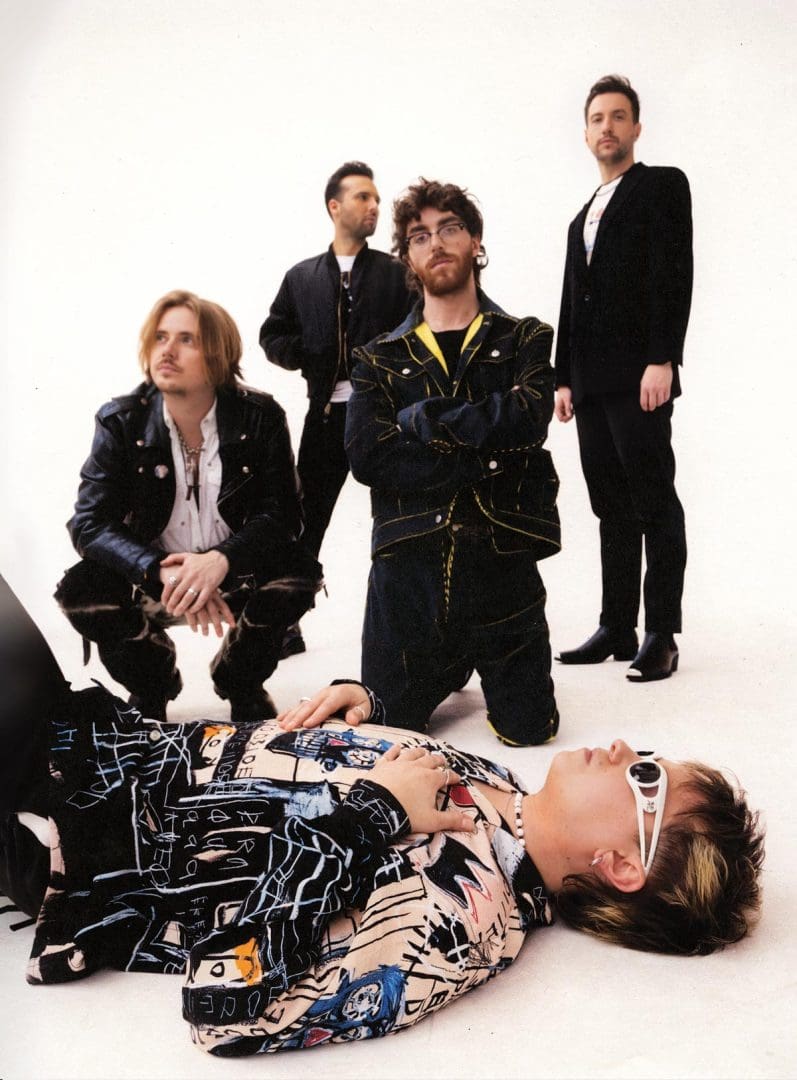
I bet you guys are chuffed that you sold out your first concert at the Powerstation so quickly. You had to add on a second one! Are you excited to meet all of your Kiwi fans?
Yeah, I really am. Obviously, because we’ve never played in New Zealand, we don’t know what to expect. We don’t know what the culture feels like. We don’t know what Kiwi people naturally are like. You go to certain places around the world and they’re naturally crazy and loud, or in certain places they’re more reserved, so we don’t know what to expect. But the fact that we’ve sold out, there’s obviously an audience there and people have been waiting to see us. I’m super excited to feel the energy and connect to it.
Looking at your amazing catalogue of hits, starting all the way back in 2015, you’ve now ended up in Dead Club City. What is Dead Club City and how have we ended up there?
We are purposely keeping it ambiguous, because it could be anything. It could be a vision, it could be a dream, it could be an actual place that’s hidden. It’s the idea of not being allowed in somewhere. Whether you get in, when you get in—it’s the stories of how you fit in and how you feel when you’re in the club. How do you feel when you’re out of it? I like the idea that we’ve purposely left it timeless, like you don’t know when or where it is. I’ve worked really hard on all the videos and all the visuals too. It could be Americana, it could be UK, it could be Scandi. It’s purposefully in the middle of nowhere. It’s obviously trenched in metaphor but it’s still talking about what you feel and what you deal with.
We can omit something and put all of our concepts on it. It’s obviously going to be talking about the current state of affairs within our culture. It’s such an interesting way for us to write. Dead Club City was this platform for us to enjoy writing in a different way. With Moral Panic it was very direct, deep with the political, culturally-climatic-s**t that we’re all talking about. Whereas Dead Club City is a completely different world. Are we still dealing with the same issues? How can we reframe this and how can we come from a different place? It’s almost like the post-apocalyptic—what happens after the world implodes on itself?
It was just fun to write. It was just fun to enjoy doing a different style of writing. It led us to musically expand and we could piss about and just enjoy it.
I watched your Lollapalooza set you did recently in Argentina. Mate, so good! Do you feel that you guys are turning into a predominantly live band? You seem to have mastered the art of performance!
I think the beauty of our world and our business is that you get all of it. You get to write, which is freeing and beautiful and fun. Whilst I’m writing I’m predominantly at home, so I always get a different buzz with that. Then I get to record, which is a beautiful thing. It’s so immersive and I feel like I’m just present every day, creating a life force. It’s probably my favorite time when we’re playing it live…but only by a margin. There’s a sense of freedom when we’ve done the work and put in the hard-graft and we can go out and just enjoy ourselves. Explode on stage, almost. I’m a very emotional person. When I get to sing I get to connect with myself and just pour out and be present. It’s like therapy for me—a controlled, screamy release and I feel great after. I love it. I love the drama and the nervousness around playing festivals. Even if we’re playing Glastonbury alongside a legacy act, there’s never a festival show where every single fan is yours. When we’re playing our own gig, 10,000 people are there to see us. Whereas when we do a festival, there’s always this element of winning them over, and I’m incredibly competitive and affectionate with my voice. I like the challenge of getting people going and turning them on to us. I really enjoy that. Salesman and showman at the same time. There’s that magic and drama.
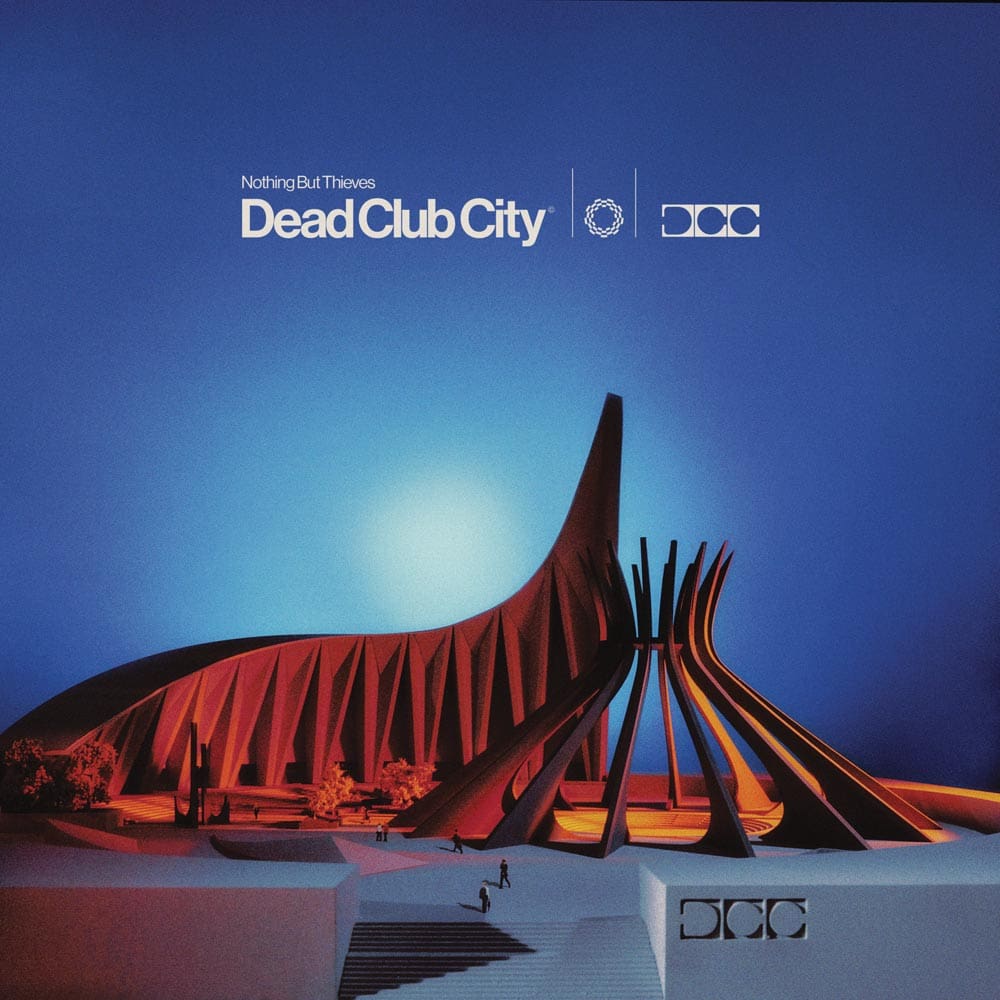
I’ve actually done that more recently. I used to repel the idea of being a front man. I grew up watching Thom Yorke [from Radiohead] being a frontman and it was all about him just being small and weird. That was really engaging for me. For years and years it was very much about me connecting with the song. Then I got older and was like I actually want to give people a show—strut a bit more, be a proper frontman, ya know.
Do you think over the years the power of music has changed for you?
It’s the power of love, more like. It has its whimsical way of moving through your life and the most important thing for us. I like to be really honest in interviews because everything you write about can be quite metaphorical. When I talk in an interview, I like to tell the truth because I think it does help people. I think for a certain amount of years, I lost myself within the music industry. I felt completely grabbed and suffocated and like I had to do everything constantly otherwise the band would fall apart and it would all be my fault. I just had this pressure on my shoulders! I lost the love for it for a period of time, maybe a few years back. I was very ill mentally and that was around Broken Machine. I do think (in a f**ked-up way) the pandemic helped a lot of people reset for a lot of different reasons. It made us regather our meanings and thoughts. I found a new love for music, and the love of finding new artists, and writing again. I was just at home and I was stuck indoors, just writing crap and just being free. It was brilliant for me and I regained the love for music. I started singing Sam Cooke and Aretha Franklin and Paul Simon and just reconnecting to the whole point of music which is just expression.
I think all of us in Nothing But Thieves have never been so happy, and so free, and so in tune with the right reasons. We’re making music because we just want to wake up every day and enjoy life. That’s the goal. What choices can I make today to enjoy it?
We get to play live and we get to write music. We’re true to ourselves. Yeah, we have to slog our way to get to that position, so this might be a privileged essence in this answer…I’m just very, very happy with the way my connection is with music again.

